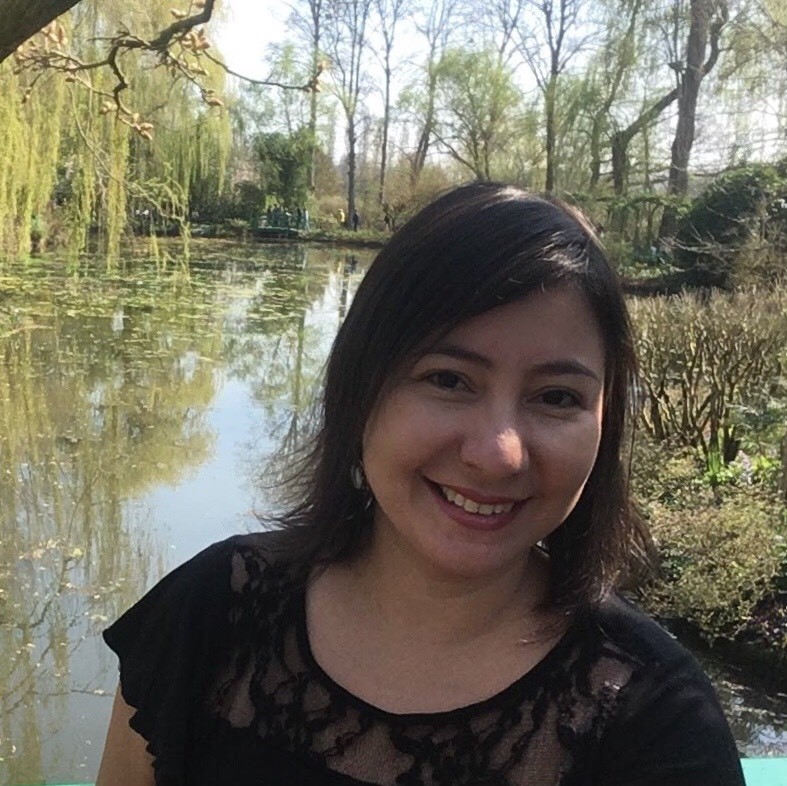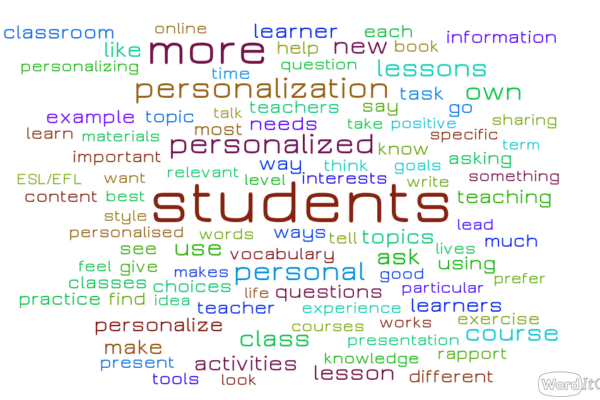Social, Emotional, Competent – Have we found the missing link yet?
We all know too well, at least we should, that teaching does not come easy. However, people, other than teachers, tend to consider what we do as something ‘doable’. In other words, they think it is just a job in which you get into a class and start doing the talk. Little do they know that such days are gone.
I come from a language-centre background teaching environment. As a ‘new-to-the-system’ state school teacher, I have encountered several situations that required a lot more than teaching skills. Scary to say the least, I must confess, yet a departure point in trying to figure out what might have triggered such situations and, evidently, find ways through which I might better assist my students.
On setting off in this little adventure, at times reading through, others plodding through, I happened to comes across studies connected with socio-emotional competences, basically bearing in mind Rhodes’ model of youth mentoring. I can sort of jump back in the past and recall how I used to be taught, repetition after repetition – way too mechanic to my linking. I am thinking now that I might have stricken gold and decided to give it a try. At least, do the very same thing (teaching), yet very different with a new perspective and approach.
We have been living in a fast-moving real-life movie and our character keeps moving in this vast 3D environment that makes us travel from screen to screen. Our students are inserted into this harsh reality and fail to consider that they have come into this world as a winner. My perception is that their cognitive prospect is right there, only they might me unable to find it out, mostly due to the lack of socio-emotional skills.
You must be wondering what is up with that with teaching. Fear not, as a both parent and educator, I have come to notice that as opposed to let the world change my students, I pose them a challenge as to how about changing their own world. In order to meet that end, though, I came to the conclusion that I should equip them with socio-emotional training. Such approach has enabled me to experiment with different strategies in order to bring out the best, in the least bit, of students.
Amongst several socio-emotional skills to be developed, I have been experimenting with NLP activities and my main is to develop the following three skills further down.
- Self-control: seen as the basis to other skills, the ability to control oneself is imperative on the grounds that a highly competitive school environment may lead to frustration, disappoint and, sadly enough, suffering. I have witnessed pupils under these situations and reacting badly to them when provoked. I am not saying that they should avoid conflict, only they should be able to respond accordingly to the provocations (tests, peers, family, bullying) they are confronted with.
- Social competence: this a key factor to be developed in order to strike a balance between being assertive and keeping positive levels of relationships. A teacher themselves should be able to find this fine line, better still, it is quite important to spot such individuals in a large group of students so that they can serve as both assertive and positive models. Socializing in a large group of people can be a daunting experience for some, especially if we consider the age factor in both primary and secondary schools.
- Problem solving skills: I have spotted a need and want for critical thinking and I chose to provoke my students with activities that will make them leave their comfort zone and think critically. I have carried out an experiment with a class where one group was basically comprised of ‘mentor students’ and the other with, say, ordinary students. The discussion in the latter group was a lot more ‘heated’ and less civilised than the first one. Then, I did other discussion activities, however, mixing the students each time. After a series of discussions, I have noticed that the positive influence had resulted in more productive and respectable problem-solving discussions. Then, a wonder.
As I see it, one might consider a small step in terms of academic development. However, this approach has been proving to be a huge step for me in terms of CPD. As educators we can help students out through a full variety of strategies to work on their ‘socio-emotional skills’ as opposed to only delivering lessons that might be dull to them. My own teaching skills, coupled with my learning to do the same thing but differently, have raised rumours in the school I work at as ‘a different teacher’. If by being different should mean willing to minimise daunting learning moments in my classrooms and maximise learning experiences, that I AM.
References
Collaborative for Academic, Social, and Emotional Learning. (2005). Safe and sound: An educational leader’s guide to evidence-based social and emotional learning programs— Illinois edition. Chicago, IL: Author. Retrieved from http://bit.ly/2bmjuyx
Rhodes, J. E. (2005). A model of youth mentoring. In D. L. DuBois & M. J. Karcher (Eds.), Handbook of youth mentoring (pp. 30–43). Thousand Oaks, CA: SAGE.
Revell, J., Norman, S. (1997). In Your Hands: NLP for teaching and learning. London. Saffire Press
Revell, J., Norman, S. (1999). Handing Over: NLP-based activities for language learning. London. Saffire Press






